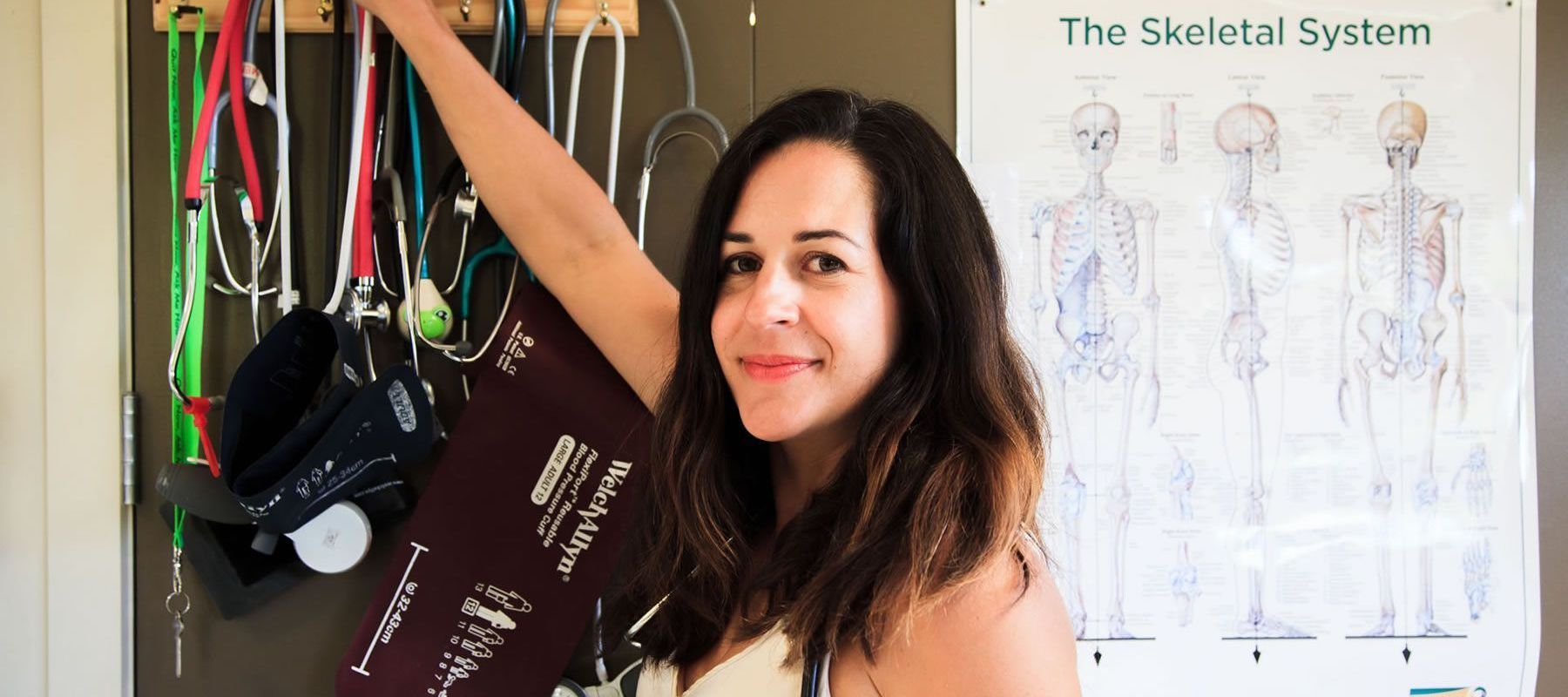Pneumonia
Pneumonia is an inflammatory condition of the lung affecting primarily the microscopic air sacs known as alveoli.
It is usually caused by infection with virusesor bacteria and less commonly other microorganisms, certain drugs and other conditions such as autoimmune diseases.

Pneumococcal disease
Pneumococcal disease is an infection caused by bacteria. There are 90 different types of pneumococcal bacteria.
The bacteria is carried in the throat, often without causing disease. It’s spread through the air by coughing and sneezing.
The pneumococcal bacteria causes severe disease such as:
- meningitis, an infection of the membranes that cover the brain and spinal cord
- septicaemia or blood poisoning
- infections of the joints, around the heart or of the bones and the soft tissue beneath the skin.
The bacteria also causes pneumonia, ear and sinus infections. Pneumococcal disease may be a complication from a viral infection.
Children at higher risk
Children with some medical conditions are at higher risk of pneumococcal disease. This includes children with:
- congenital heart disease
- some chronic lung conditions
- kidney diseases
- HIV infection
- a lowered immune system due to chemotherapy, radiation therapy or organ transplant.
Children with spinal fluid shunts and with cochlear implants are also at higher risk of pneumococcal disease.
Local pneumococcal infection can cause ear infections (otitis media) and sinusitis.
Early stages of serious pneumonia may appear like the flu, with aches, pains and fever, but can progress very quickly and usually result in hospitalisation.
Symptoms of serious pneumonia are:
- fever and chills
- chest pain
- cough
- shortness of breath
- rapid or grunting breathing.
All babies in New Zealand can be immunised against pneumococcal disease as part of their free childhood immunisations at 6 weeks, 3 months, 5 months and 15 months old.
It’s important to protect babies from pneumococcal disease by getting them immunised on time. They’re not protected until they’ve had all 4 doses.
Vaccine
This disease is covered on the New Zealand Immunisation Schedule. The vaccine used is Synflorix®. Synflorix®covers the 10 most common pneumococcal types that cause disease in infants and young children.
Before 2011, a different pneumococcal conjugate vaccine was used called Prevenar. Synflorix® covers 3 kinds of pneumococcal bacteria that Prevenar did not.
Children with particular medical conditions are eligible for the High Risk Pneumococcal Immunisation Programme. The vaccine used in this programme is Prevenar 13, which covers 13 types of pneumococcal bacteria. Prevenar 13 is to be used in these children instead of Synflorix®. Talk to your nurse or doctor for more information.
A pneumococcal polysaccharide vaccine is also available for people older than 2 years with medical conditions that increase their risk of pneumococcal disease. Only some medical conditions entitle people to receive this vaccine for free. Talk to your nurse or doctor for more information.
Risks associated with pneumococcal disease
- Each year in New Zealand more than 150 children under the age of 5 years are admitted to hospitals with pneumococcal disease.
- About 1 in 10 children with pneumococcal meningitis die and 1 in 6 survivors will have permanent brain damage.
- About 1 in 3 children will be left with a hearing impairment after pneumococcal meningitis.
- Pneumonia and septicaemia (blood poisoning) leads to hospitalisation.
- Less severe illness, such as ear infections, may lead to deafness.
- Children with medical conditions such as congenital heart disease, some chronic lung diseases, kidney diseases, HIV infection, and children whose immune system is lowered through chemotherapy, radiation therapy, or organ transplant are at higher risk of pneumococcal disease.
- Children with spinal fluid shunts and with cochlear implants are also at higher risk of pneumococcal disease.
Risks associated with vaccine
- Less than 1 in 1000 recipients of the vaccine may suffer from anaphylaxis or a hypersensitivity reaction.
Adult immunisation
| Vaccine | Recommended and funded | Recommended but not funded (may be available through hospitals) |
|---|
| Pneumococcal polysaccharide | Individuals pre- and post-splenectomy | Pneumococcal polysaccharide vaccine for those 65 years of age and over and those at risk (this includes immune competent persons at risk because of chronic illness, individuals with chronic CSF leaks and immune compromised individuals) |
|---|

